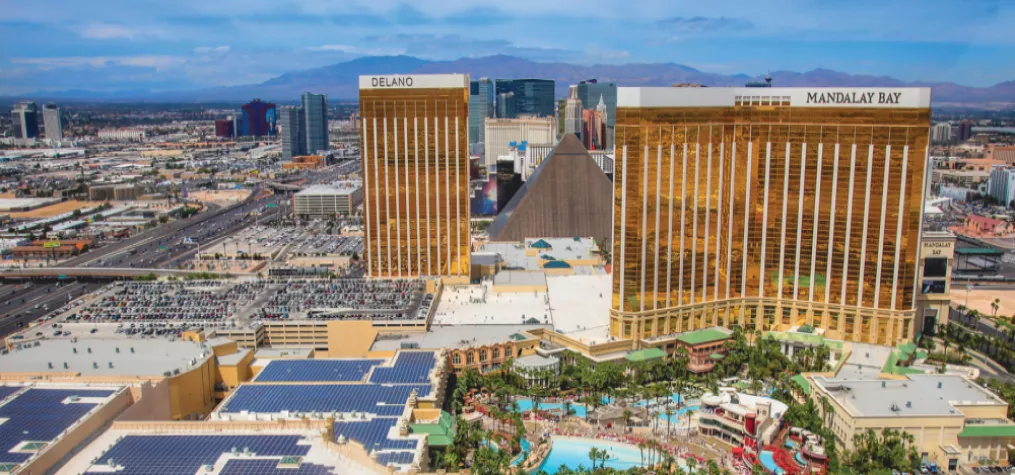Tom Pick

Tom Pick is a digital marketing consultant who works with event management platform developer G2Planet to share the company's insights and knowledge with corporate event marketing professionals.
Event marketing is often the largest single line item in corporate event budgets because of its effectiveness at achieving key marketing objectives and building trust.
That is the bottom-line conclusion from four separate studies highlighted in the Top 20 B2B Marketing Charts report from Marketing Charts.
B2B marketing professionals will find a wealth of insights in this report, from what types of content buyers view as most credible to the updated B2B buying process timeline to buyers' preferred information sources for problem solving.
But event-related findings stand out in this set of charts. As the study's authors note in their introduction, "While B2B vendors are making advances, there’s still room for them to grow in their use of marketing technologies. And don’t forget about face-to-face: research about events and their strategic value also feature prominently."
Here are four key event marketing conclusions curated from highly respected studies.
When business problems arise, buyers can turn to a variety of information sources for help, from search and other digital channels to peers and vendor sales personnel.
In a recent buyer preferences study, Miller Heiman Group presented buyers with 10 information sources and asked them to choose their top three choices for business problem solving.
Industry events were the fourth-most trusted source, though given the closeness of the results, events essentially tied for second place:
Events scored ahead of peers and colleagues, online professional communities and social networks, and business or trade media.
Year after year, the top objectives for B2B marketers are increasing brand awareness and generating more leads. For consumer (B2C) marketers, brand awareness and enhancing customer loyalty are typically top goals.
As shown in a study from Opus and Event Marketer, live events are effective in helping both groups of marketers achieve those top objectives and more. Asked what goals events are most helpful in reaching, here are the responses:
Top Four Goals Achieved by B2B Event Marketing:
Top Four Goals Achieved by B2C Event Marketing:
Live events are typically one of the largest line items in corporate event budgets, accounting for 29% of B2B marketing budgets on average according to a Harvard Business Review (HBR) study.
But how are marketers allocating those funds across different types of events? The HBR survey asked respondents to break out their spending by event type, and found that educational events (with some promotion mixed in) topped spending.
Top B2B Event Types, by Spending:
Top B2C Event Types, by Spending:
As noted above, an HBR study found that B2B marketers spent, on average, about 29% of their total marketing budgets on events. But a study from the Center for Exhibition Industry Research (CEIR) put that figure at roughly 50%. Why the (significant) discrepancy?
The CEIR study actually came up with an event marketing allocation figure closer to HBR's when only direct spending on events (exhibit space / venue, travel, logistics, sound and lighting, etc.) were included.
But total spending on events was closer to 50% of budgets when indirect spending was included; that is, the portion of these types of expenditures which are dedicated to supporting event marketing:
Event marketing is often the single biggest line item in corporate marketing budgets. It consumes anywhere from a quarter to a half of the total dollars, depending on what's included in that calculation.
But that investment is justified as events help marketers achieve their top objectives, and serve as a trusted information channel for buyers. Event marketers spend the majority of their budgets on educational events, which support the top objective of buyers: obtaining information to help solve business problems.
Don't miss any event-related news: sign up for our weekly e-Newsletter HERE and engage with us on Twitter, Facebook, LinkedIn and Instagram!
